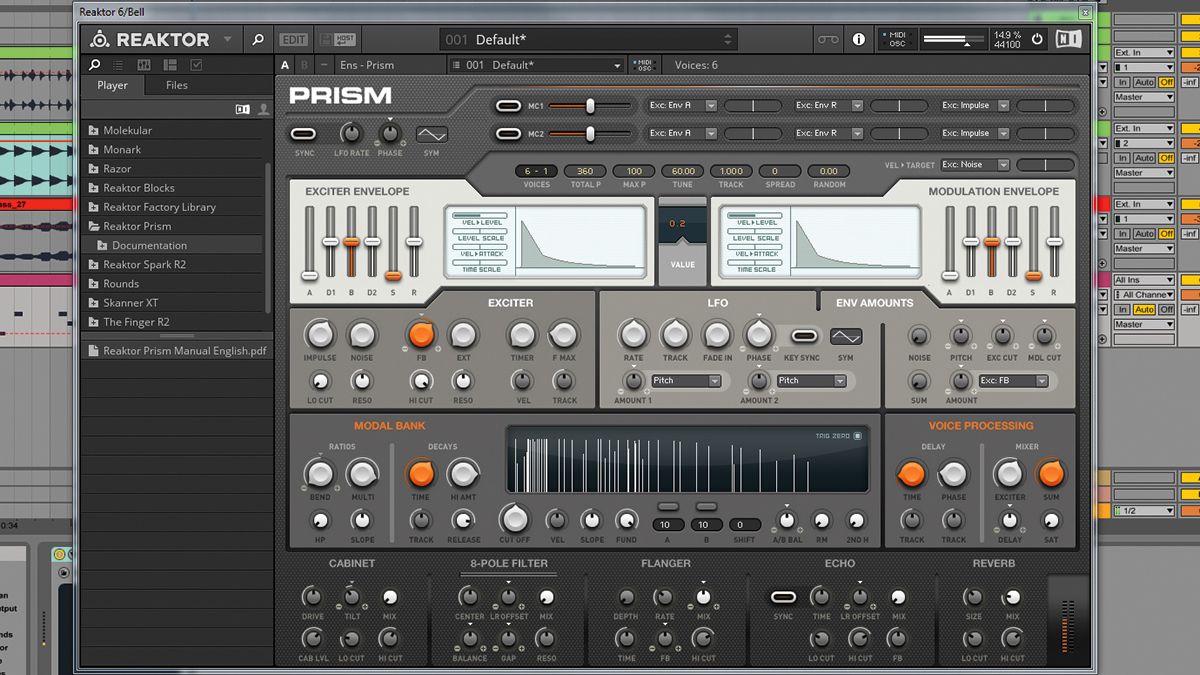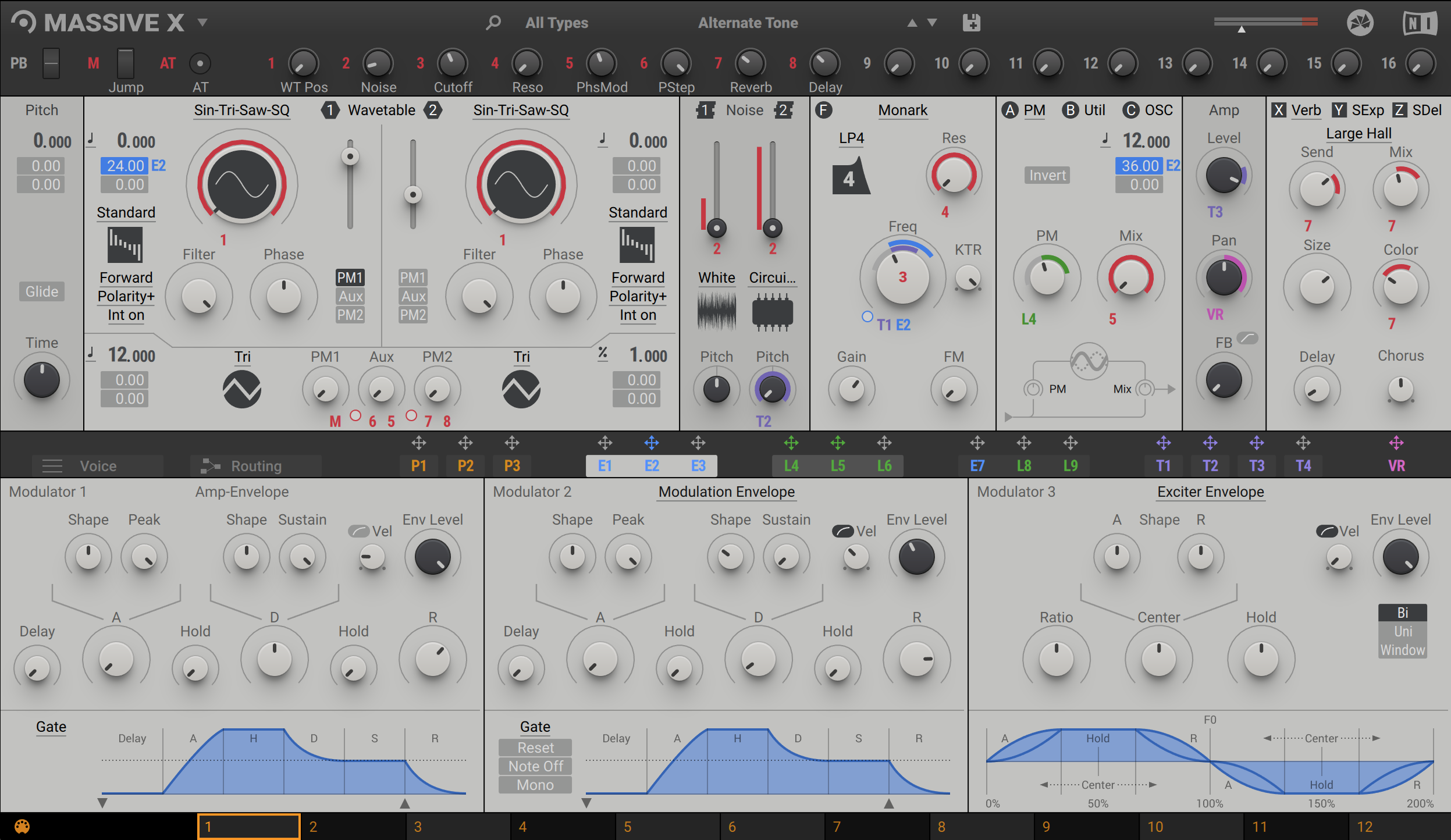


The settings for audio engine quality (Ultra, High and Economy) are now easy accessible and are located directly in the header view. Founders Stephan Schmitt and Volker Hinz began using the name Native Instruments in 1996, when they developed Generator, a modular synth software package (which would later form the foundations for their ongoing product, Reaktor). This new feature clips the signal at the selected threshold (defined by the drive knob), producing a radical distortion effect, even more devastating than the Parabolic or Sinus effects in Massive 1.0. Native Instruments was founded in Berlin, Germany, where its headquarters are still located. The total number of filter types is now 12! This particular filter was modeled after a famous little silver groovebox. The focus is on producers looking for expressive playability and dynamic sounds.īeyond that, three new noise sounds for the noise generator and three additional wavetables for the oscillators have been integrated, extending the sonic possibilities even further.Ī brand new feature has been added to the oscillator section which opens up the spectrum of pulse width modulation and sync sounds, added even richer and more organic sonic options to MASSIVE’s arsenal.Ī new filter called “Acid” has been added to the filter section. The added sounds in this version take advantage of the new features – in particular the Virtual Analog Oscillator Modes. MASSIVE now features more than 600 presets, with the addition of 140 new sounds in version 1.1. 140 brand-new sounds and additional wavetable content.For everyone else a new demo version for Mac and PC is available for download. Registered Massive customers receive the update for free. Native Instruments‘ Massive 1.1 is now available, featuring 140 new sounds, virtual-analog oscillator modes, an Acid Filter and a Hardclipper Effect, adding “even more beef to the already enormous sound spectrum of Massive”.


 0 kommentar(er)
0 kommentar(er)
